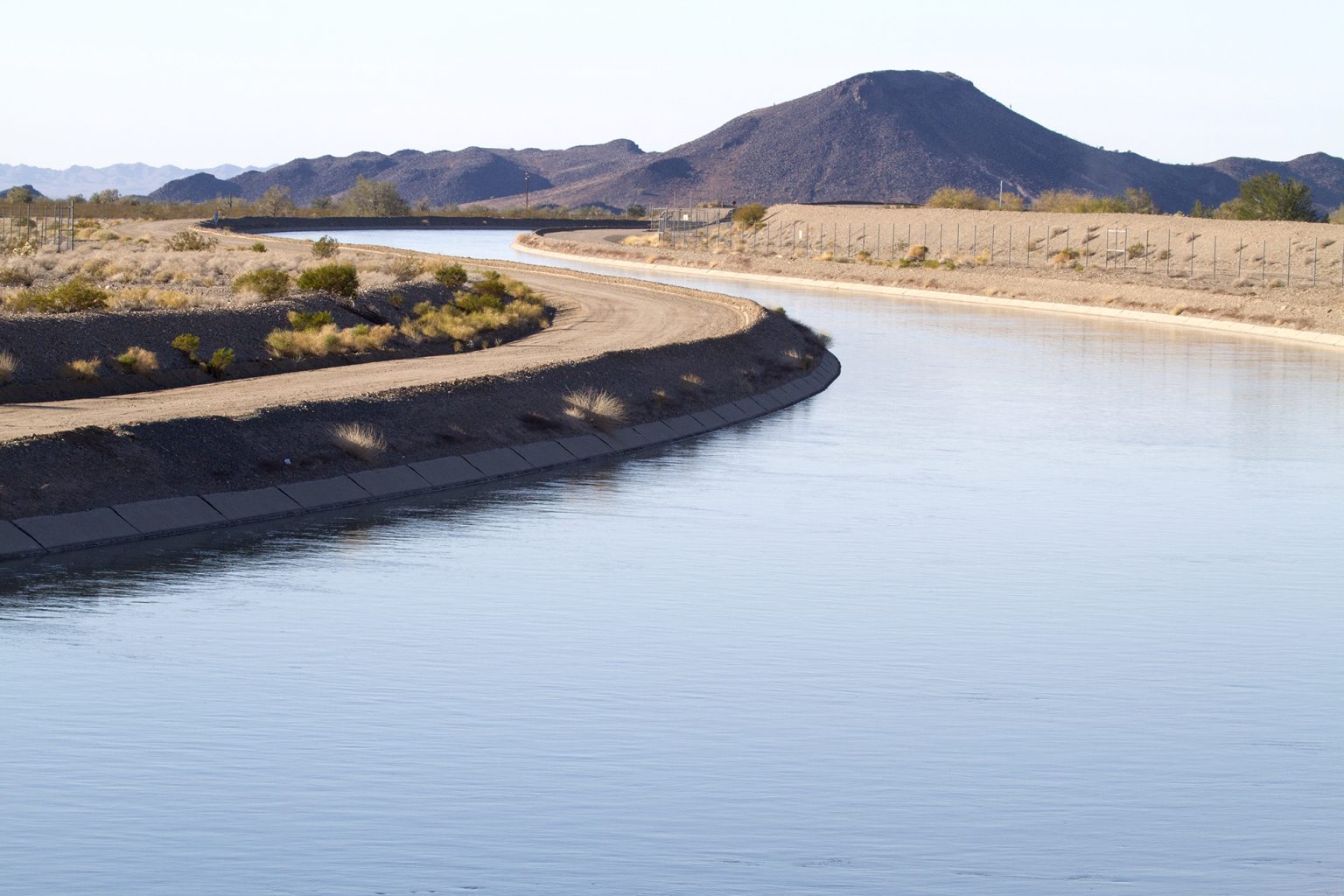WWR was proud to attend and sponsor the Water Resources Research Center’s annual conference, held at the University of Arizona in Tucson.
This year’s event brought together leaders from across Arizona, the nation, and beyond to explore water as a shared resource across shared borders. The conference highlighted lessons from past collaborations—spanning state, Tribal, and international boundaries—and focused on how those experiences can guide further efforts to manage increasingly scarce water supplies.
Key themes to successful collaboration discussed included:
-
The Necessity of Collaboration: Recognizing that sustainable water solutions depend on working together across cultures, jurisdictions, and sectors.
-
Building Trust Over Time: Understanding that successful collaboration is a long-term process. It must start early and include all stakeholders from the outset to build lasting, trust-based relationships. Trust is not earned overnight.
-
Water is deeply tied to the identity, traditions, and values of every culture. While data is an important tool for decision-making, it does not always reflect the cultural, historic, or other ways communities value water. Respecting these perspectives is essential to creating long-lasting and equitable solutions.
-
Translating Science into Action: It’s not enough to have strong data and sound policy—those ideas must be communicated clearly and effectively to stakeholders.
-
Flexibility in Governance: Adapting legal and regulatory frameworks (like binational agreements and minute frameworks) is essential for collaborative water management.
-
Information Sharing Across Borders: Open, transparent data and knowledge sharing foster better outcomes and more resilient partnerships.
These themes are particularly relevant as Arizona prepares for key upcoming negotiations and collaborations, including Colorado River management, treaty implementation with Mexico, and ongoing water rights adjudications with Tribal Nations.


